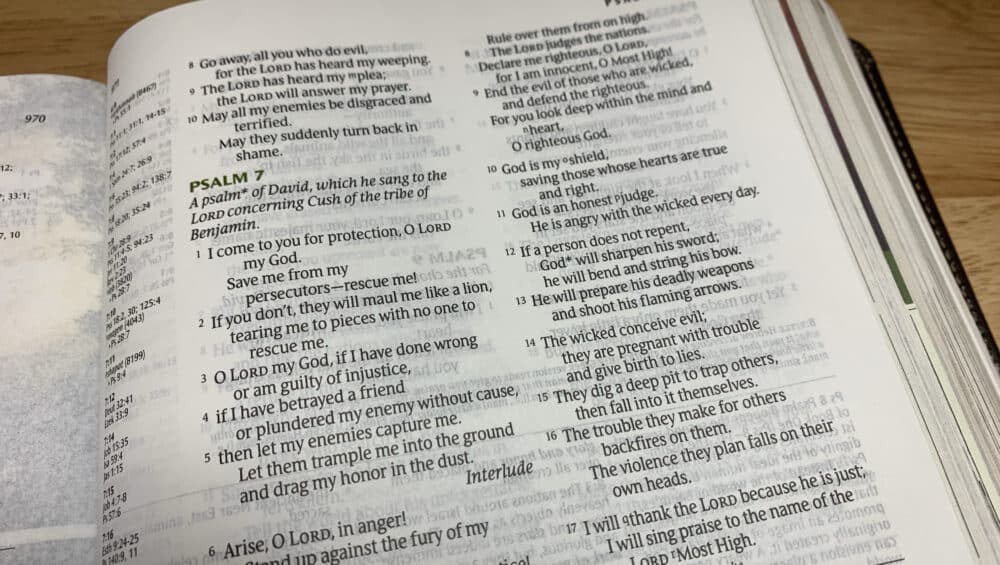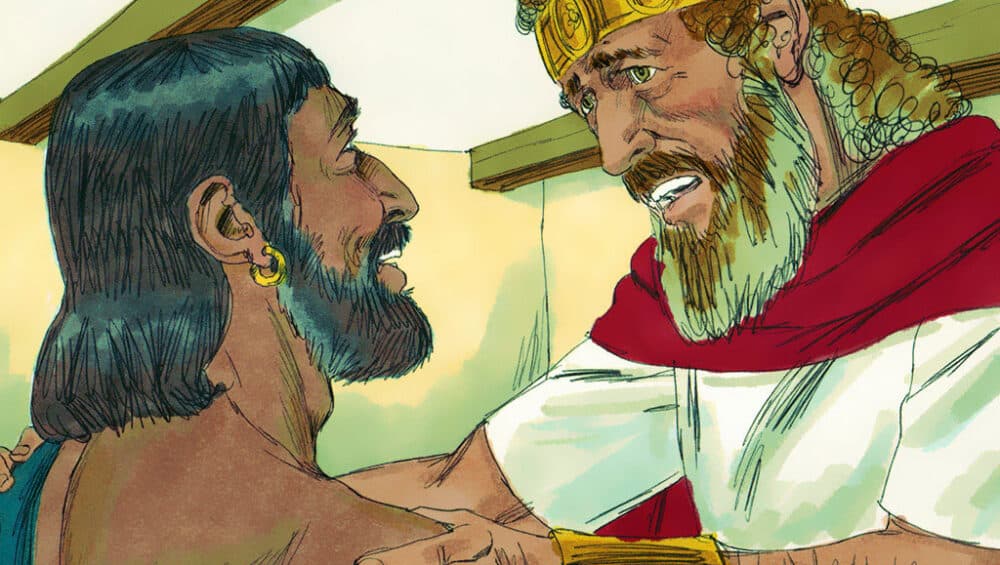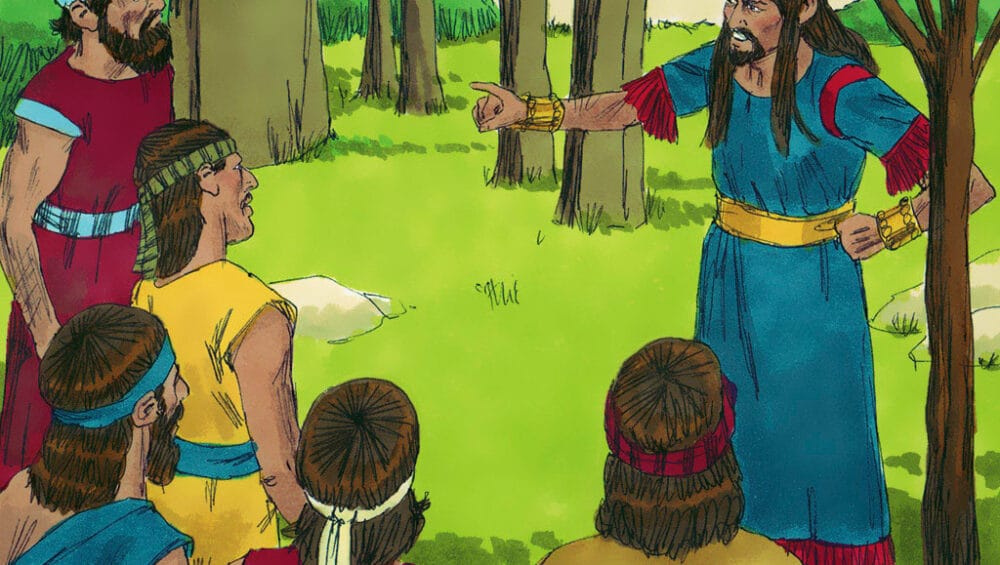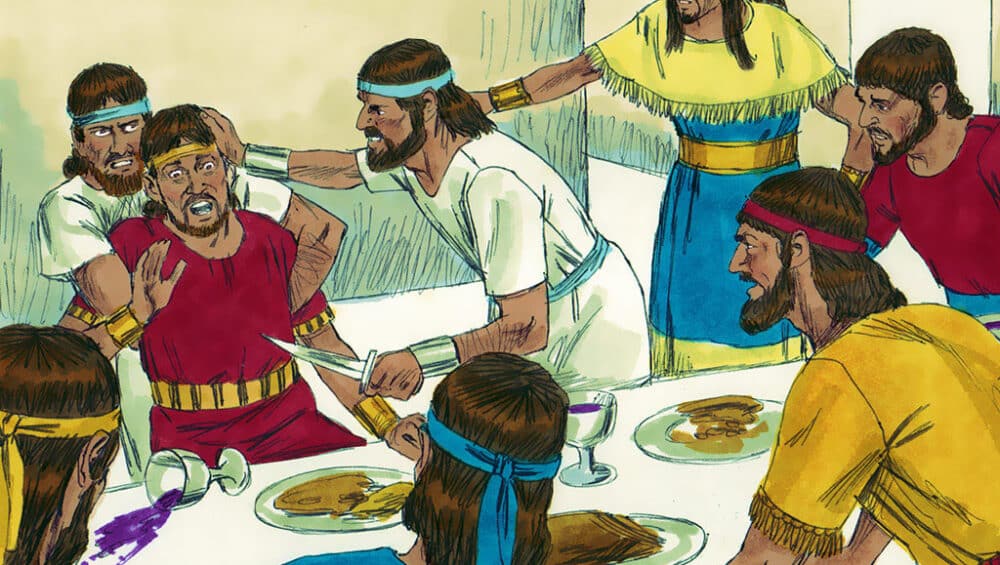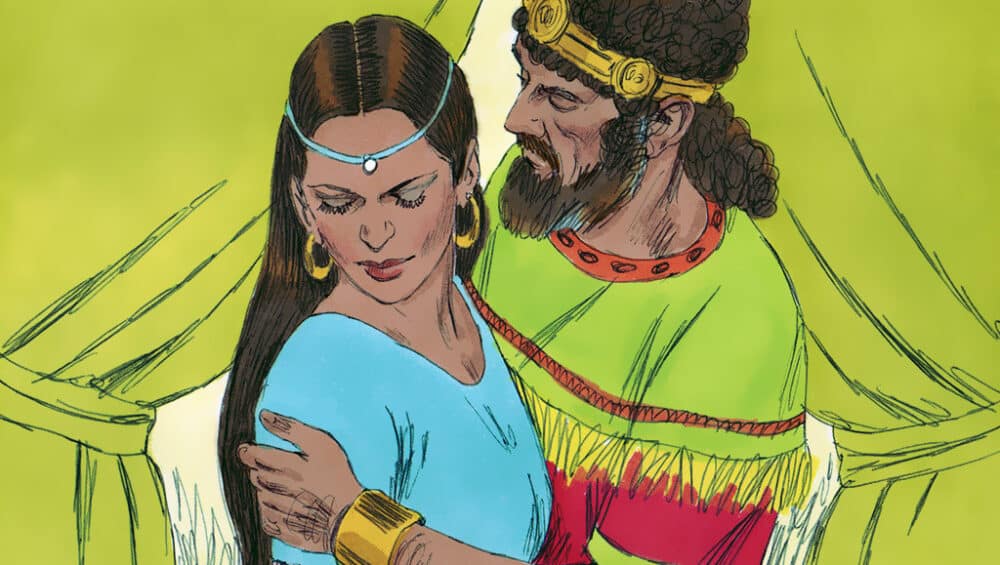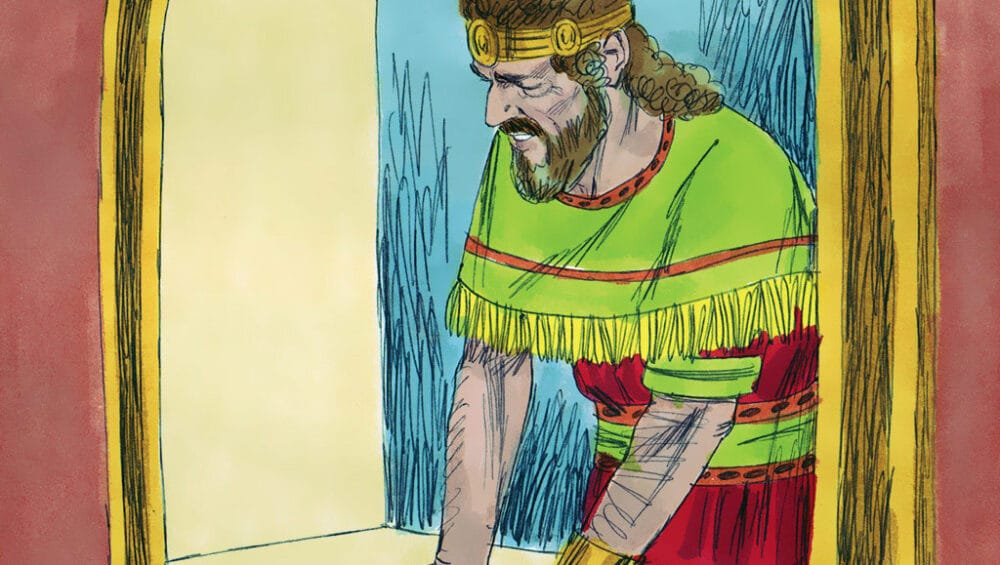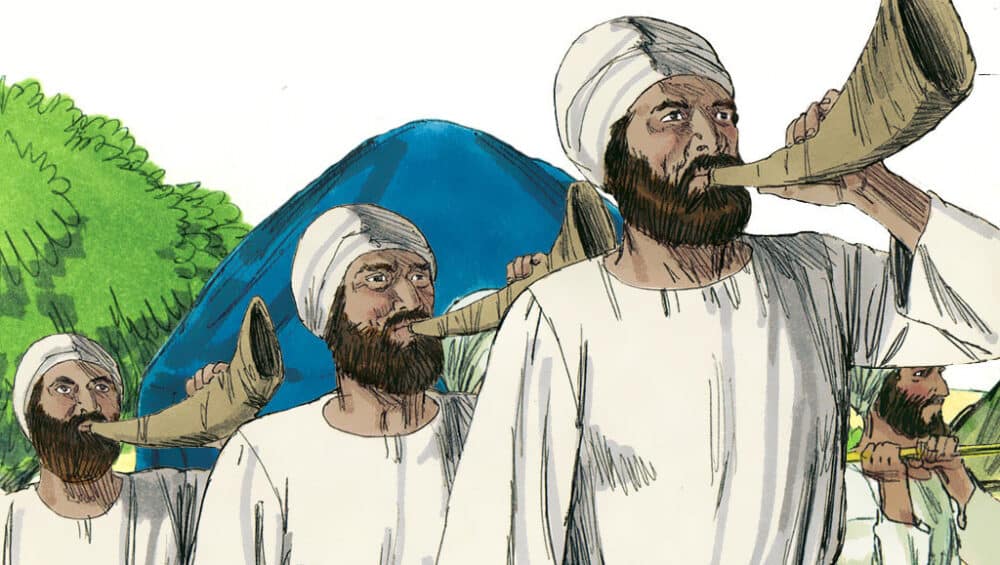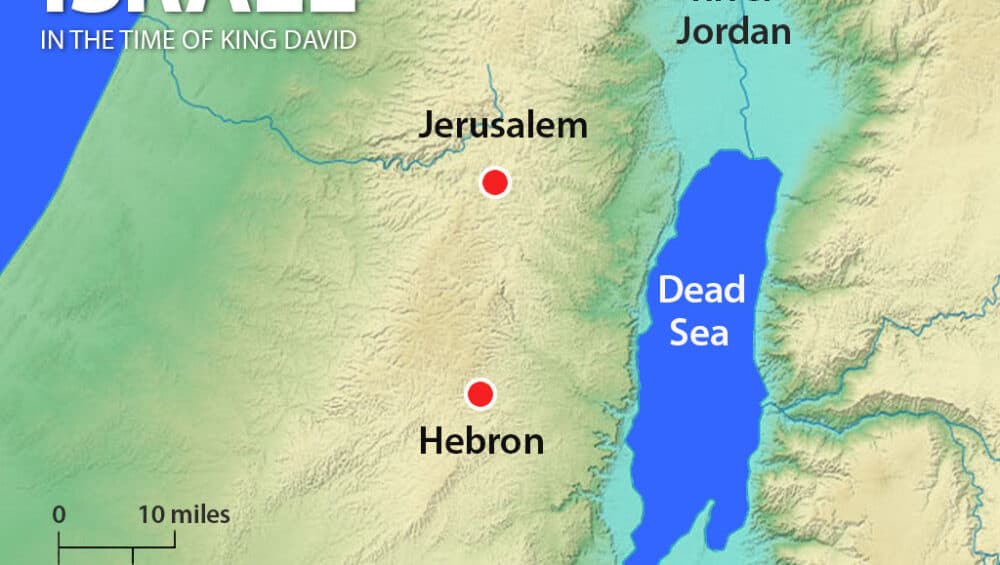Welcome to Livin’ Light’s Bible-In-A-Year challenge of discovering God’s love for us and His purpose for our lives. Here is the format for this great adventure: The daily reading assignment is posted at 5 a.m. After each day’s reading, Leigh An Coplin, the blog host, shares observations and poses questions about difficult passages to Rob Fields, who studied Christian Education at Asbury Seminary and currently teaches Biology in the Orlando area. To start from the beginning, click on 365 Bible Readings and scroll down to Day 1. The reading schedule is taken from The One Year Chronological Bible NLT.
Today’s Reading
— 2 Samuel 19:31-20:26
— Psalm 7
— 2 Samuel 21
— 1 Chronicles 20:4-8
(972-970 BC) Click here for a timeline of the entire Bible.
Questions & Observations
Q. (2 Samuel 20:10): So, Amasa was stabbed because he took more than 3 days to notify Judah? What’s the big deal? His slowness stalled their plans or they may think he was up to something besides notifying Judah?
A. No, David had no knowledge about Joab’s plans: Joab killed Amasa to ensure that he remained commander of David’s army.
Q. (20:16-22): What? This woman’s actions do not follow protocol. This is quite a little story. She is quite wise and how did she get Sheba’s head?
A. It is quite a story. She was apparently a town elder who had great influence. Sheba and his men were likely under the protection of the city (they probably agreed to terms before Sheba’s men came into the city). This woman apparently was able to convince the townspeople that they had gotten a bad deal — there was no way Sheba was going to stop Joab — and they turned on him.
Q. (21:1-14): I don’t see a correlation between Saul and his family murdering the Gibeonites and a famine. I thought God had little concern for Saul and the Gibeonites are not Israelites. So, why a focus on this conflict? This story is confusing to me. I thought a while back, David had asked if any of Saul’s descendants were still living. I thought Mephibosheth was the only one. And, he came to live with David … or eat at his table anyway. So, where did all of these other children come from? So, Saul had both a son and a grandson with the name Mephibosheth?
A. Let’s untangle this: we do not know about where these other sons of Saul came from — the Chronicler doesn’t mention any other descendants — so I don’t have a good answer for that. They may have been more distant relatives of his or the children of slaves/concubines and therefore “lesser” children (I know that sounds horrible). Regarding the famine, back in Joshua 9 (from Day 83), the Gibeonites were the clever tribe who tricked the Israelites into signing a treaty of protection, which the people swore in God’s name. Saul’s efforts to eliminate them violated this vow, and God was apparently not pleased.
Q. (21:15-22): Why are the giants important? Are the four that were killed here the last of them? It’s interesting that the Israelites would battle with Goliath’s brother.
A. The significance of their story is really about their defeat by David’s men. The writer is saying, like their king who killed Goliath, David’s men were so fearsome in battle that they could kill giants too.
For further reflection: God chose David because his heart was in the right place, https://realchristianity.com/the-faithfulness-of-king-david/
Shop: Christian shirts get noticed. Check out these conversation starters: https://livinlight.org/shop/
Tomorrow’s reading
2 Samuel 22
Psalm 18

